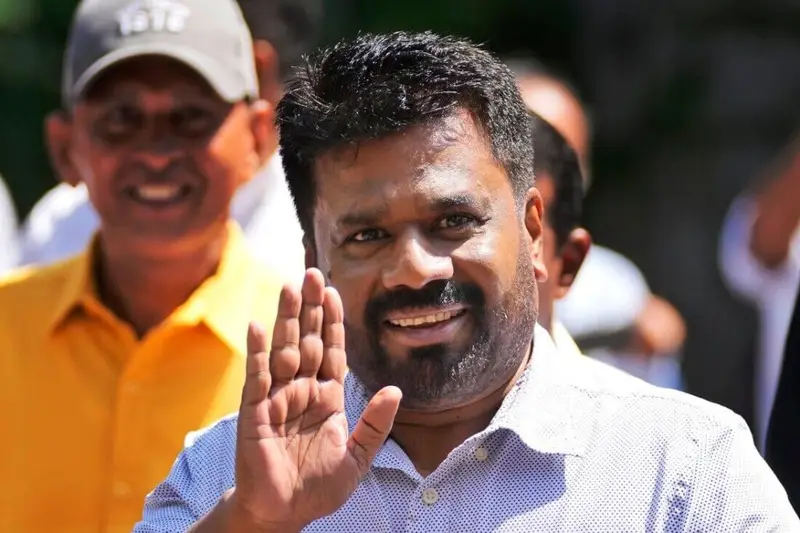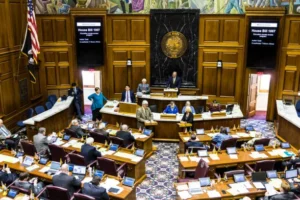The country’s new president, Anura Kumara Dissanayake, dissolved the parliament on Tuesday to prepare for a Sri Lanka snap election. Scheduled for November 14, this election is almost a year ahead of the original timeline. Dissanayake’s decision follows his recent presidential election, during which he emphasized the need for a new legislative mandate aligned with his agenda. His left-leaning National People’s Power (NPP) group currently controls only three of the 225 seats in parliament.
After winning the election, Dissanayake named Harini Amarasuriya as the nation’s next prime minister. As one of the three NPP MPs and a university lecturer, Amarasuriya rose to become the 16th prime minister of Sri Lanka and the country’s only female prime leader. She is now in charge of the labor, education, and justice ministries. Amarasuriya, well-known for her advocacy for gender equality, child protection, and youth development, is the first academic to hold the position of prime minister, making her selection historic.
Dissanayake wants to get more parliamentary backing for his anti-corruption and anti-poverty initiatives. He had already announced his intention to dissolve the parliament after winning office. Considering he only garnered 3% of the vote in the 2019 presidential election, his ascent to power is a monumental reversal. Voters perceive his win as a response to their frustration over Sri Lanka’s economic collapse in 2022, which sparked large-scale demonstrations and forced then-President Gotabaya Rajapaksa to resign.
The renegotiating components of the $2.9 billion International Monetary Fund (IMF) bailout is one of Dissanayake’s top concerns. Although the bailout contributed to economic stabilization, the necessary austerity measures were not well-received. While Dissanayake does not have a quick cure, he acknowledged the difficulties ahead and stated he will strive to find collective solutions to address the nation’s issues. Before Dissanayake’s inauguration, former prime minister Dinesh Gunawardene tendered his resignation, paving the way for Harini Amarasuriya’s appointment as prime minister in the context of the Sri Lanka snap election.









